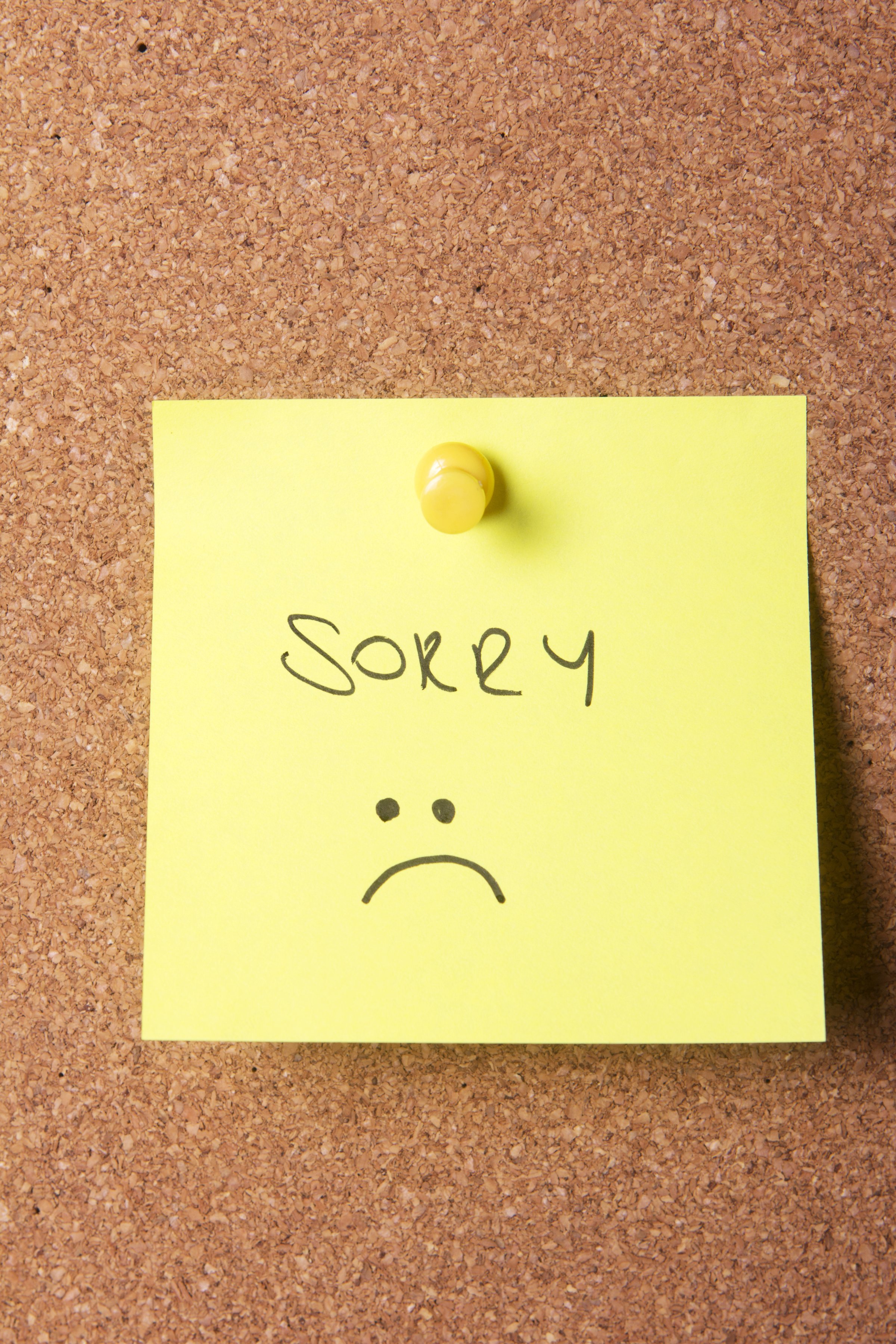
Apologies do make a difference. People often prefer them over money, even if they’re just cheap talk.
What does the research say about the best way to apologize?
One
Don’t apologize for what you think you did wrong. Apologize for what they think you did wrong:
…victims reacted most positively to apologies that were congruent with their self-construals.
Two
The most effective apologies have four parts:
Via Wait: The Art and Science of Delay:
Aaron Lazare devotes two full chapters of On Apology and much of his subsequent research to questions of timing and delay. He finds that effective apologies typically contain four parts:
1. Acknowledge that you did it.
2. Explain what happened.
3. Express remorse.
4. Repair the damage, as much as you can.
This aligns with previous research on effective apologies:
Results indicated that relationships recovered significantly when offending partners used behaviors labeled as explicit acknowledgment, nonverbal assurance, and compensation.
Three
Timing is crucial — and faster is not better. People need to feel they are heard and understood so a delayed apology is actually more satisfying.
Via Wait: The Art and Science of Delay:
The results were stark: “Apology timing was positively correlated with outcome satisfaction; when the apology came later in the conflict, participants reported greater satisfaction.” Statistical tests showed that, the greater the delay, the more a victim felt heard and understood. With more time, there was more opportunity for voice and understanding.
Four
If it’s clear you intentionally did something wrong, you’re probably better off notapologizing. After intentional acts, apologies tend to backfire and make things worse:
An apology does not help at all after clearly intentionally committed offenses. On the contrary, after such offenses harmdoers do better not to apologize since sending an apology in this situation strongly increases punishment compared to remaining silent.
Five
Are they not accepting your apology? A little guilting can be effective. Being reminded of times when they did something wrong makes people more likely to accept apologies and forgive:
…participants in the recall-self-as-wrongdoer condition were significantly more likely to accept the apology from the classmate and forgive the transgression.
A Final Tip
Hopefully you won’t need this list too often. However, you may want to keep the principles in mind for next time you get pulled over. Studies have shown that apologizing to the police is one of the few effective ways to get out of a speeding ticket.
Join over 90,000 readers and get a free weekly update via email here.
Related posts:
How To Be Resilient: 8 Steps To Success When Life Gets Hard
What 10 things should you do every day to improve your life?
How To Make Your Life Better By Sending Five Simple Emails
This piece originally appeared on Barking Up the Wrong Tree.
More Must-Reads from TIME
- Donald Trump Is TIME's 2024 Person of the Year
- Why We Chose Trump as Person of the Year
- Is Intermittent Fasting Good or Bad for You?
- The 100 Must-Read Books of 2024
- The 20 Best Christmas TV Episodes
- Column: If Optimism Feels Ridiculous Now, Try Hope
- The Future of Climate Action Is Trade Policy
- Merle Bombardieri Is Helping People Make the Baby Decision
Contact us at letters@time.com